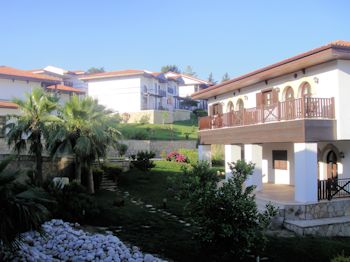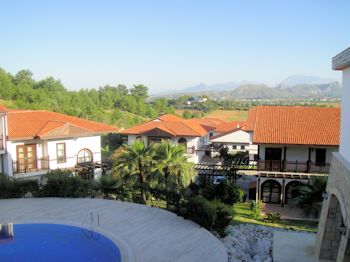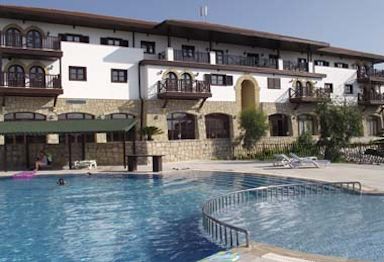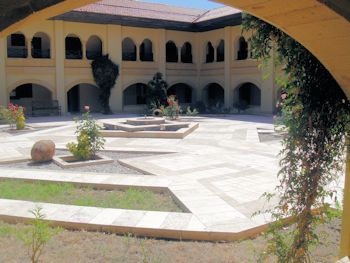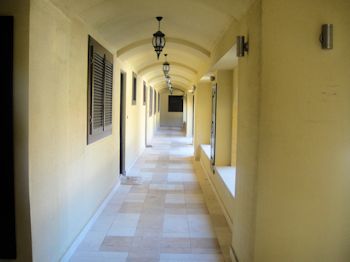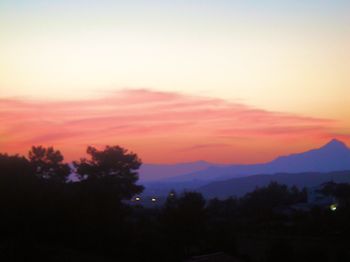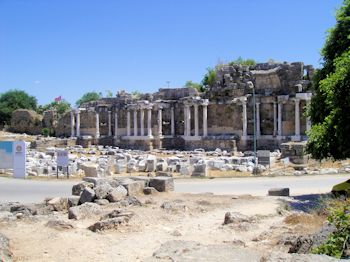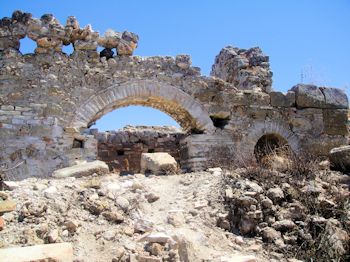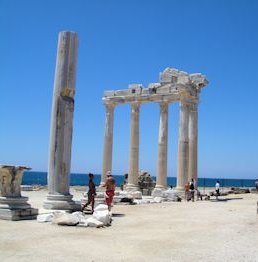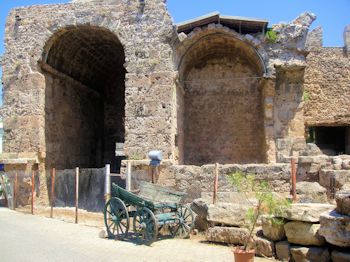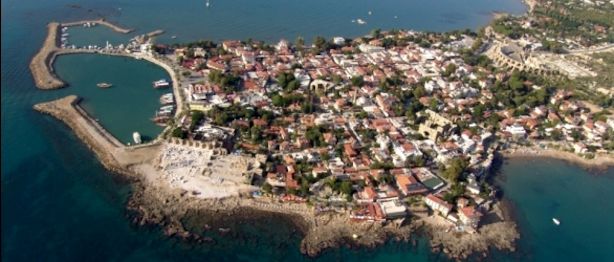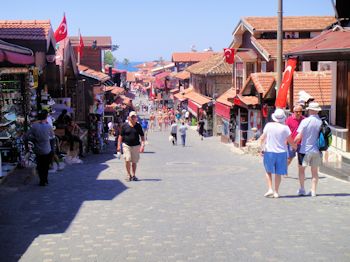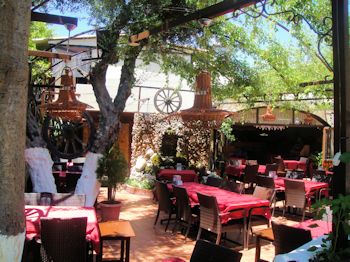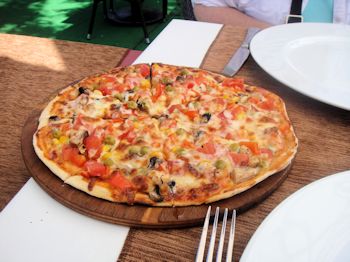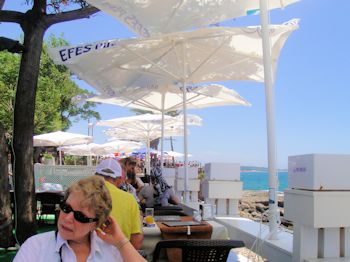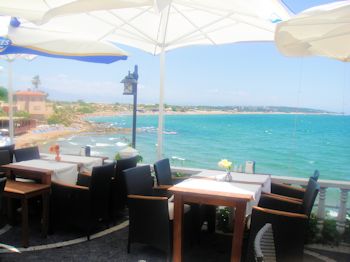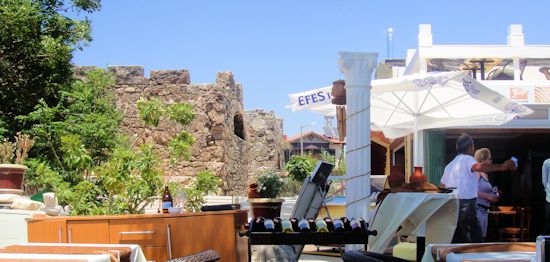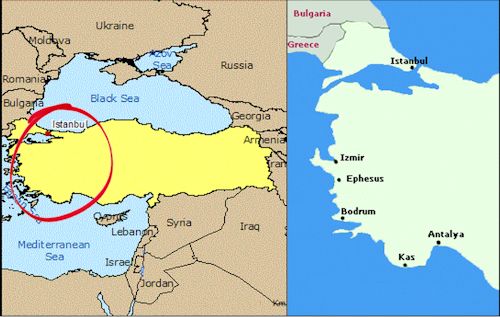 You don't have to go far to find evidence of ancient civilizations along the Turkish coast ... and several of them are in
the neighborhood. Today we sweated it out in Antik Side (old Side). The city was originally founded by Greek
settlers, most likely in the 7th century BC where the good harbor and natural geography made it one of the most important
trade centers in the region.
You don't have to go far to find evidence of ancient civilizations along the Turkish coast ... and several of them are in
the neighborhood. Today we sweated it out in Antik Side (old Side). The city was originally founded by Greek
settlers, most likely in the 7th century BC where the good harbor and natural geography made it one of the most important
trade centers in the region.Alexander the Great occupied Side in 333 BC. The city was later ruled by Ptolomey, and a series of other conquerors including the Cilician pirates who made it their chief naval base and a center for their slave trade in the first century BC.
In 78 BC the Romans drove out the pirates and took control of the city, which eventually grew to 60,000 residents. From then until the third century AD, Side thrived as a slave-trading center with a home-grown commercial fleet of pirates. Most of the ruins we see now were from the Roman period.
Today the old and the new are entwined, with the more recent developments in the old town interspersed among many of the old ruins. Most of the site does not require paid access and wandering bands of tourists were everywhere. We heard more Russian and German than we have thus far, along with Italian, French, Turkish (of course) and a smattering of English. We have repeatedly been told that Americans are a rarity in Turkey.
Our rationale behind coming in May was that the temperature would be warm but not yet beastly hot. Although the thermometer may say it is in the high 70s, the effect of humidity and bright sun reduce us to dish rags quickly. Our tolerance seems to be about two hours.
